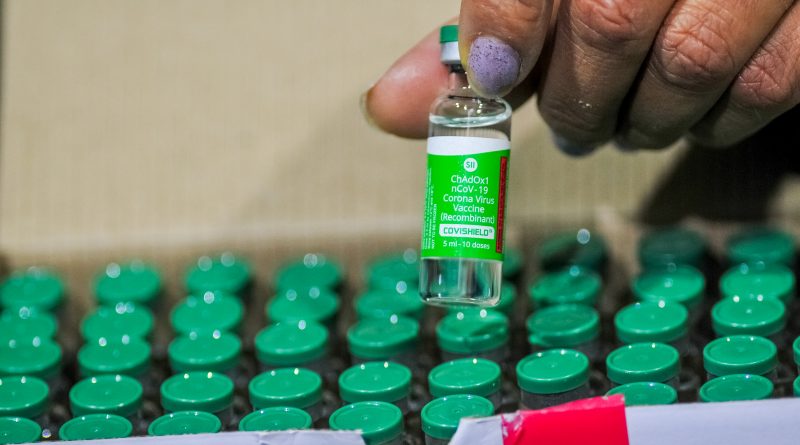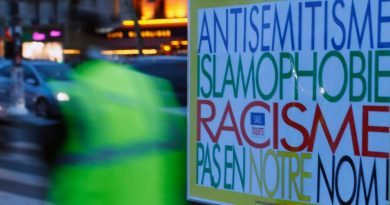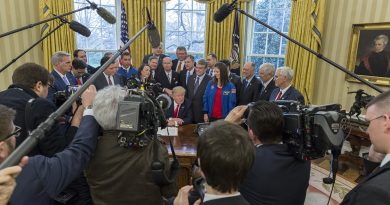Turbulent Take-Off: COVID-19 Immunization Efforts Finally Roll Out in South Africa
Timothy Sandram
Staff Writer
After a turbulent take-off, the South African government has finally started vaccinating its people against the COVID-19 virus. The country’s president, Cyril Ramaphosa, was among the first six people to receive the jab, according to VOA. Earlier in the month, the South African government halted the use of the AstraZeneca vaccine on frontline workers after a study found it not to be effective enough against the variant prevalent in that country. According to The Washington Post, the country’s hopes on turning the corner on the virus were raised in early February when South Africa received over one million doses of the vaccine, only for that hope to be dashed seven days later. The South African variant of COVID-19 is considered one of the deadliest and most infectious variants. Scientists say the variant accounts for 90 percent of new COVID-19 cases in South Africa.
BBC News reports that South Africa has recorded almost 1.5 million COVID-19 cases and more than 46,000 deaths since the pandemic began, more than any other country on the continent. News of the vaccine, therefore, brought hope to a country left at a standstill for months. A trial carried out by researchers at the University of Witwatersrand in South Africa and the UK’s Oxford University, whose results were not yet peer-reviewed, showed that the AstraZeneca vaccine did not work against mild and moderate illness triggered by the South African variant, according to the trial’s Chief Investigator Professor Shabir Madhi.
To maintain their scheduled vaccine rollout, the South African government would need to expedite its procurement of Pfizer, Moderna, and Johnson & Johnson vaccines. South Africa’s Health Minister Zweli Mkhize explains to BBC News that whilst waiting for further advice on how best to proceed with the AstraZeneca vaccines in light of the findings, the government was hoping to start the immunization with Johnson & Johnson and Pfizer vaccines by mid-February. However, only the efficacy of Johnson & Johnson vaccine has been studied in South Africa during the time the country grappled with predominance of the new variant; as, such the impact of the Pfizer vaccine on the variant is unclear. While studying the Johnson & Johnson’s vaccine, the later was found to be less effective against the variant but was able to almost totally prevent severe cases and death. The health minister said his government had ordered 20 million doses of Pfizer vaccine whilst expediting the approval process of Johnson & Johnson vaccines.
The AstraZeneca setback will harm not only South Africa, but other developing countries who have pinned their hopes on this vaccine to enhance their fight against the virus. Reuters reports that Malawi and Nigeria plan to move on inoculating their people with the AstraZeneca vaccine, while Uganda plans to seek guidance from the World Health Organization(WHO).
Meanwhile, the WHO has warned countries against being quick to discard the AstraZeneca vaccine. The organization’s Director of Immunization Dr. Katherine O’Brien explained to BBC News that the vaccine still has meaningful impact on the South African variant, especially in preventing hospitalizations and deaths. “Comparing from one piece of evidence to the next really can’t be done without a sort of level playing field,” she said, referring to the evaluation of different trials in different populations and age groups. Dr. O’Brien stressed that the WHO expert panel held “a very positive view” of proceeding with the use of the AstraZeneca vaccine, including in areas where variants were circulating, though more data and information will be needed as the pandemic continued.



